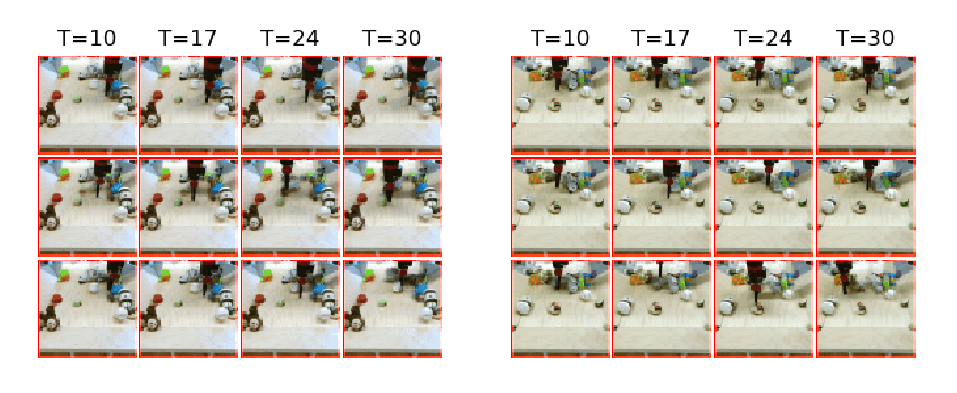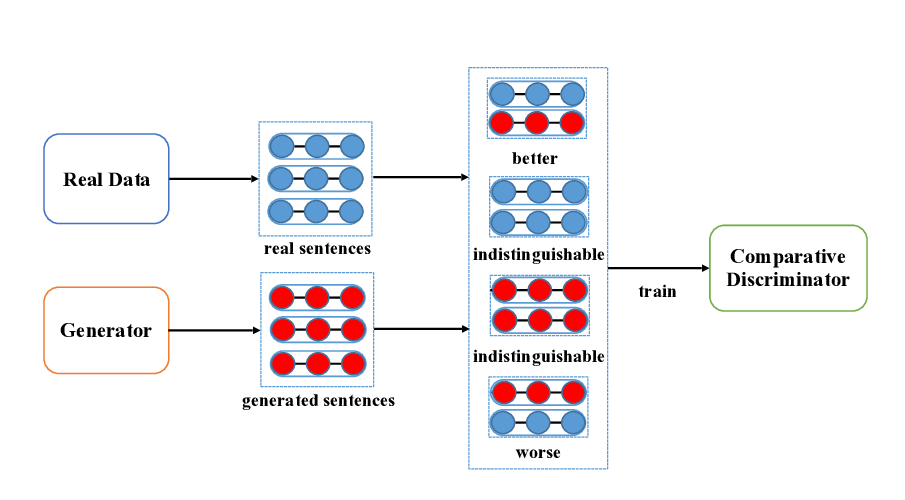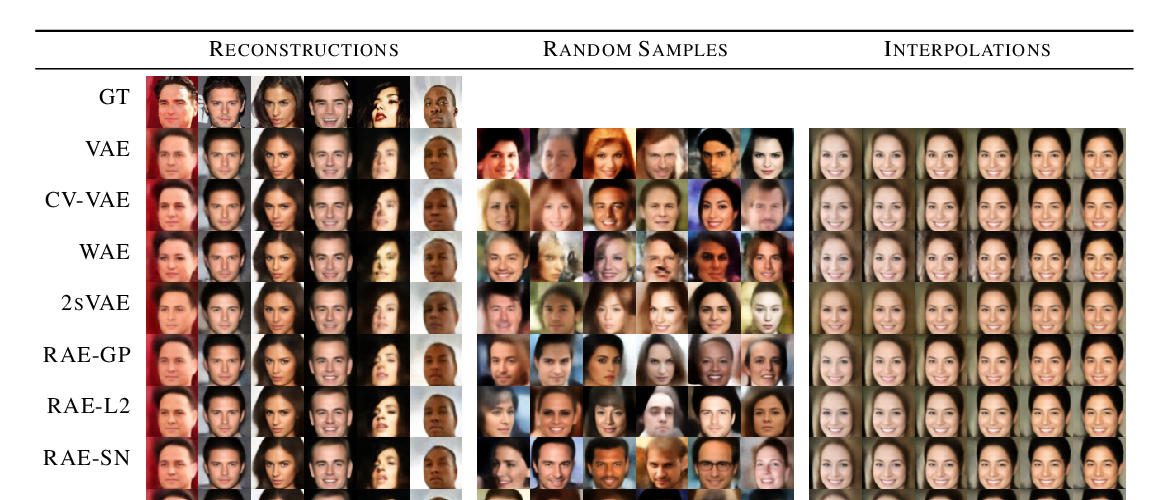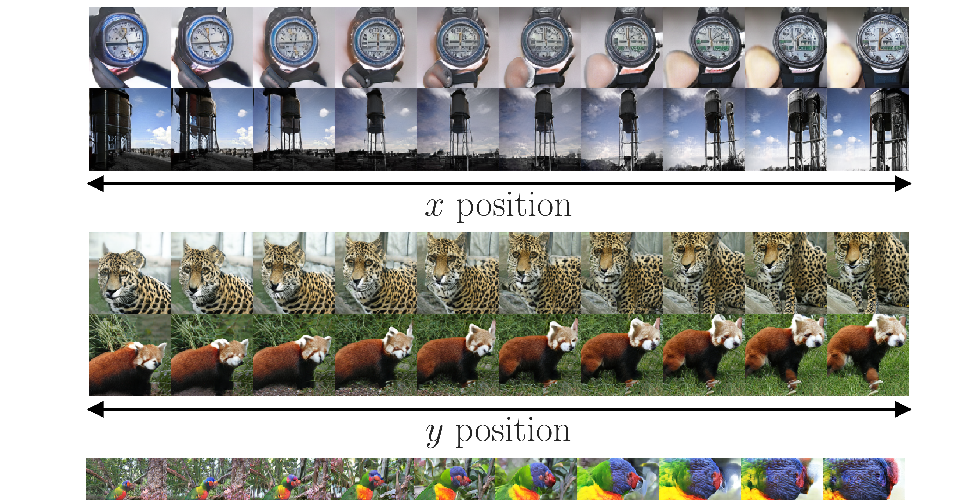Abstract:
The ability to forecast a set of likely yet diverse possible future behaviors of an agent (e.g., future trajectories of a pedestrian) is essential for safety-critical perception systems (e.g., autonomous vehicles). In particular, a set of possible future behaviors generated by the system must be diverse to account for all possible outcomes in order to take necessary safety precautions. It is not sufficient to maintain a set of the most likely future outcomes because the set may only contain perturbations of a dominating single outcome (major mode). While generative models such as variational autoencoders (VAEs) have been shown to be a powerful tool for learning a distribution over future trajectories, randomly drawn samples from the learned implicit likelihood model may not be diverse -- the likelihood model is derived from the training data distribution and the samples will concentrate around the major mode of the data. In this work, we propose to learn a diversity sampling function (DSF) that generates a diverse yet likely set of future trajectories. The DSF maps forecasting context features to a set of latent codes which can be decoded by a generative model (e.g., VAE) into a set of diverse trajectory samples. Concretely, the process of identifying the diverse set of samples is posed as DSF parameter estimation. To learn the parameters of the DSF, the diversity of the trajectory samples is evaluated by a diversity loss based on a determinantal point process (DPP). Gradient descent is performed over the DSF parameters, which in turn moves the latent codes of the sample set to find an optimal set of diverse yet likely trajectories. Our method is a novel application of DPPs to optimize a set of items (forecasted trajectories) in continuous space. We demonstrate the diversity of the trajectories produced by our approach on both low-dimensional 2D trajectory data and high-dimensional human motion data.



